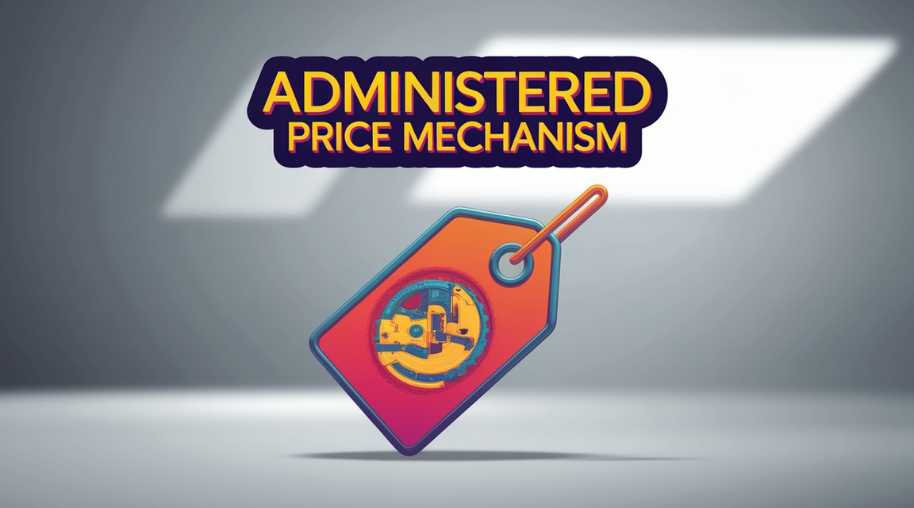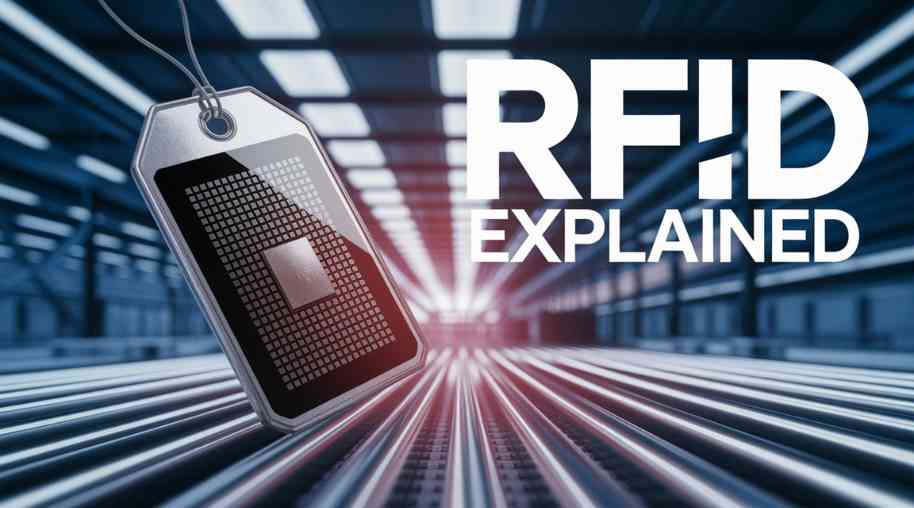BCC Full Form - Bank Credit Committee
by Shashi Gaherwar
0 2243
Bank Credit Committee: Role, Functions, and Importance in Banking
Introduction
A Bank Credit Committee is an essential decision-making body within a financial institution that evaluates and approves loan applications. This committee ensures that lending activities align with a bank’s risk appetite, regulatory requirements, and financial policies. By assessing the creditworthiness of borrowers, the committee helps maintain the stability and profitability of the banking sector.

In this article, we will discuss the functions, structure, and importance of the Bank Credit Committee, along with its impact on the financial system.
Structure of a Bank Credit Committee
The composition of a Bank Credit Committee varies depending on the bank’s size and structure. However, the committee typically includes:
- Senior Executives – Such as Chief Risk Officer (CRO), Chief Financial Officer (CFO), and Chief Credit Officer (CCO).
- Credit Analysts – Professionals who assess the financial health of borrowers.
- Risk Management Officers – Experts who evaluate potential risks associated with lending.
- Legal and Compliance Officers – Ensure loan approvals comply with banking regulations.
- External Experts (optional) – Independent advisors for an unbiased assessment.
Functions of the Bank Credit Committee
- Loan Evaluation and Approval – Assesses and approves loan applications based on criteria like borrower’s credit history, purpose of the loan, repayment capacity, and collateral offered.
- Risk Assessment and Mitigation – Evaluates credit risks, market risks, and operational risks to ensure loans align with the bank’s risk management framework.
- Credit Policy Formulation – Establishes and updates credit policies for loan eligibility, interest rates, sectoral exposure limits, and risk assessment methodologies.
- Regulatory Compliance – Ensures loan approvals comply with regulations set by the central bank or financial authorities to avoid penalties.
- Loan Monitoring and Review – Monitors loan performance to identify potential defaults and maintain asset quality, preventing non-performing assets (NPAs).
Importance of a Bank Credit Committee
A well-functioning Bank Credit Committee is crucial for the stability and growth of a financial institution. Key benefits include:
- Ensures Responsible Lending – Prevents reckless lending by evaluating borrower credibility, reducing the risk of bad debts.
- Strengthens Risk Management – Proper risk assessment ensures the bank’s financial health is not compromised.
- Enhances Financial Stability – Prevents economic disruptions by ensuring loans are given to borrowers who can repay them.
- Improves Investor and Stakeholder Confidence – Well-managed credit policies enhance trust among investors, depositors, and regulatory bodies.
Challenges Faced by Bank Credit Committees
Despite their crucial role, Bank Credit Committees face several challenges:
- Balancing Profitability and Risk – Maximizing profits through lending while managing default risks effectively.
- Regulatory Compliance – Keeping up with changing financial regulations requires constant policy adjustments.
- Credit Market Fluctuations – Economic downturns and market volatility impact loan performance and borrower creditworthiness.
- Technological Advancements – Integrating AI-driven credit analysis tools while maintaining human oversight.
Future Trends in Credit Committee Operations
Emerging trends are shaping the future of Bank Credit Committees:
- AI and Data Analytics in Loan Processing – Using artificial intelligence (AI) and big data to automate risk assessments and improve decision-making efficiency.
- Stronger Regulatory Frameworks – Global focus on financial stability strengthens risk assessment guidelines for lending.
- Green Financing Initiatives – Promoting loans for eco-friendly projects through sustainable financing policies.
- Blockchain for Transparency – Exploring blockchain technology to enhance transparency in loan approvals and reduce fraud risks.
The Bank Credit Committee plays a pivotal role in the banking system by ensuring responsible lending, risk mitigation, and regulatory compliance. As financial markets evolve, these committees must adopt technological advancements and robust credit policies to sustain economic stability.
By following structured credit assessment methodologies and embracing digital innovations, banks can enhance their lending efficiency, reduce NPAs, and contribute to economic growth.
Further Learning Resources
If you’re passionate about building a successful blogging website, check out this helpful guide at Coding Tag – How to Start a Successful Blog. It offers practical steps and expert tips to kickstart your blogging journey!
For dedicated UPSC exam preparation, we highly recommend visiting www.iasmania.com. It offers well-structured resources, current affairs, and subject-wise notes tailored specifically for aspirants. Start your journey today!

Share:








Comments
Waiting for your comments